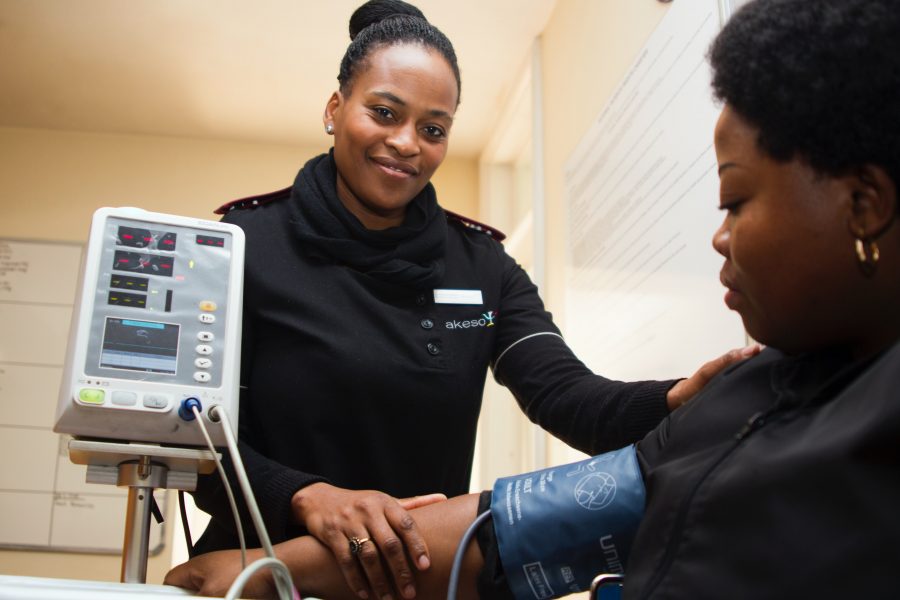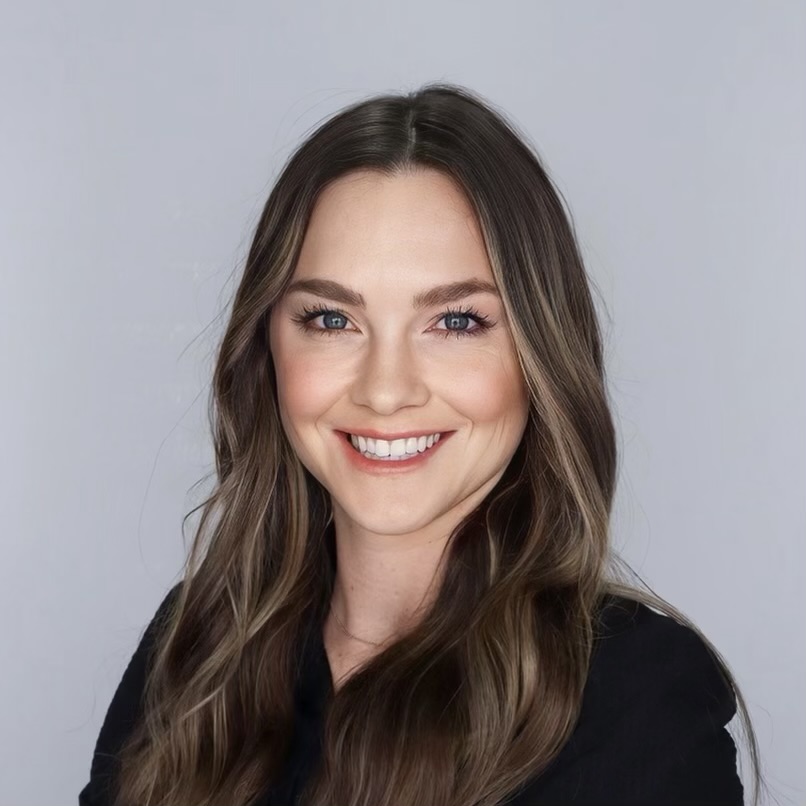If you have a calling to help those in need or a passion for the medical field but don’t know where to start or what direction to take, you might find what you’re looking for as a medical assistant or nurse.
Both roles are vital for the smooth and safe operation of clinics and hospitals. Demand for professionals in these roles continues to rise to the point where many medical assistants and nurses even travel to administer care. The surge in travel RN positions has continued to provide many opportunities in the healthcare field for professionals looking to expand their backgrounds.
To determine which path suits your passions and skills best, read on to learn more about the differences between medical assistant vs. nurse professions.
What is a Medical Assistant?
As a medical assistant, you may expect to perform administrative and clinical job duties, usually within medical clinics, offices, labs, or outpatient centers. As medical assistants are cross-trained, on any given day they might:1
- Bookkeep
- Cashier and bill
- Record patient histories
- Update medical records
- Assist with scheduling appointments in some cases
- Assist doctors during patient exams
- Inform patients of medical procedures
- Take patient vitals before exams
- Conduct lab tests
- Prepare test samples
For these reasons, medical assisting is best suited to someone who excels at multitasking, loves tackling a wide range of duties, and can switch gears quickly. Although there may be paperwork, often medical assistants are the first face patients see when they walk through the door, so being able to create a comfortable atmosphere is another valuable skill possessed by many medical assistants.
How to Become a Medical Assistant
Commonly medical assistants are ‘registered’ (RMA) or ‘certified’ (CMA) in order to perform their duties, though tasks may change depending on the specialization of the workplace. While there is no difference between these distinctions, just synonymous medical terminology, all medical assistants must:
- Complete a post-secondary degree program in medical assistance or undergo on-the-job training
- Obtain proper registration or certification through accredited organizations
The required degree can be obtained between nine months and two years, depending on the type and intensity of the medical assisting program. Some courses are even conducted completely online. There may be different requirements for each of the health education schools you are interested in, so be sure to look into the program time frame.
Most importantly, registration/certification must be obtained through the following organization to improve employment opportunities:
- The American Registry of Medical Assistants (ARMA)
- The American Association of Medical Assistants (AAMA)
Another tip before applying for a position as a medical assistant is to understand how to write nursing credentials in order to stand out as a top-qualified candidate.
Employment
Medical assistants primarily work under a doctor, physician, or registered nurse and have a standard workday with nights and weekends off. The number of medical assistant positions is increasing incredibly quickly, projected to grow by 19% by 2029.2
Their hourly pay can range from $15 to $18 an hour, with a yearly salary of roughly $37,000. However, a medical assistant’s pay rate may fluctuate depending on their region, certification status, and specialization. Sometimes the pay can also depend upon the medical assistant program you attended and the length of training.
Although much of what they do occurs behind the scenes, medical assistants keep the entire medical ecosystem together. Without their aid, doctors, nurses, and patients would quickly become overwhelmed, making proper treatment and care more challenging.
What is a Nurse?
Due to their advanced qualifications, nurses are afforded more independence and responsibility than medical assistants. Although, they still work under the supervision of doctors. Compared to medical assistants, their work focuses mostly on providing direct patient care and monitoring, as well as administrative duties like managing paperwork and recording a patient’s medical history and symptoms.
The day-to-day responsibilities of a nurse may include:3
- Administering medication, IV, and vaccinations
- Conducting diagnostic testing
- Monitoring patient vitals and other symptoms
- Educating patients about how to maintain their health and wellness
- Asking patients questions regarding medical history and recording answers
- Ensuring the comfort and safety of long-term patients
As a nurse, patients and their well-being are at the center of your focus. In most cases, nurses handle and care for patients’ immediate needs more frequently than doctors do. More than anything, to succeed, nurses need a keen sense of integrity, empathy, and great communication skills, since their choices directly impact the health and safety of others.
How to Become a Nurse
Just like a medical assistant, a nurse must undergo years of training to prepare for the job. However, a Licensed Practical Nurse (LPN) and a Registered Nurse (RN) aren’t the same things.
An LPN requires a two-year associate’s degree and performs duties similar to medical assistants. An RN, on the other hand, must complete a four-year bachelor’s program in nursing and may provide direct care to patients. RNs also make more than LPNs on average since their duties are more complex and critical to the health of patients.
Nurses must also obtain state licensing to perform their duties, or they must receive an NLC or eNLC license to work as a traveling nurse in qualified states.
If you are wondering how to become a CNA or RN, this requires sending in an application or becoming a certified nursing assistant with the American Association of Critical-Care Nurses (AACN), which offers fifteen different certification programs for nurses wishing to expand their knowledge and enhance their career opportunities.
If you are an RN returning to practice, the AACN can be a useful resource to get up to speed on new requirements in the healthcare industry from where you last left off.
Employment
Although doctors diagnose and prescribe treatments, nurses often will work independently to soothe and care for patients. Unlike many professions, nurses work in rotating shifts around the clock, which means working large chunks of nontraditional hours. The problems patients face don’t take nights off, so nurses must demonstrate great stamina and patience.
The pay for a registered nurse is, on average, around $36 an hour, with an annual salary of about $75,000. Pay may change based on location, certification, and the type of nursing being provided. For instance, traveling nurses may make up to $50 per hour and earn a salary of $100,000.2
Take the Next Step with Host Healthcare
Both medical assistants and nurses are integral parts of the healthcare field. Both types of healthcare professionals are necessary for hospitals and other medical facilities to run smoothly and properly.
While an RMA fills a more supportive role, a nursing professional is responsible for providing day-to-day patient care and educating patients on proper health care. No matter which career path you choose, Host Healthcare is here to walk it with you.
As one of the top travel healthcare organizations in the country, we connect nursing professionals to nursing jobs across the United States. After applying, our Travelers are connected to our staff of recruiters who help medical professionals find a hospital or healthcare facility that meets their needs and interests—whether you’re looking toward west-coast forests or east-coast concrete jungles.
Start your healthcare journey with Host Healthcare and apply to be a Traveler with us today.
Reviewed by:
Natalie Red Eagle, MSN, RN
Nursing Specialty: Labor & Delivery, Postpartum
I started as a new graduate nurse in San Diego, CA on a medical/surgical/oncology unit. After finishing the 40 week new graduate program, I transitioned onto a cardiac step down unit. Here I cared for patients before and after cardiac surgery and patients recovering from cerebral vascular accidents. While I loved this specialty, my passion has always been women’s health. My next move was to the Maternal Child Health program where I have been for almost 5 years as a labor and delivery and postpartum nurse. I have the privledge of assisting families during some of the most memorable times of their lives.
Sources:
- Flavin, Brianna. “What Does a Medical Assistant Do?” Rasmussen University, https://www.rasmussen.edu/degrees/health-sciences/blog/what-does-a-medical-assistant-do/
- Indeed Editorial Team. “Medical Assistant vs. Nurse: Differences and Similarities.” Indeed Career Guide, https://www.indeed.com/career-advice/finding-a-job/medical-assistant-vs-nurse
- “What Do Nurses Do?” Gwynedd Mercy University, https://www.gmercyu.edu/academics/learn/what-do-nurses-do
Years of Experience: 10 years
Specialties: Maternal & Child Health, Medical/Surgical, Oncology, Telemetry
Natalie has 10 years of experience as a nurse. She started her career in medical/surgical and oncology before gaining experience in telemetry on a step down cardiac and neuro unit. She ultimately found her passion in maternal and child health care which is where she has spent the past 7 years and counting.













